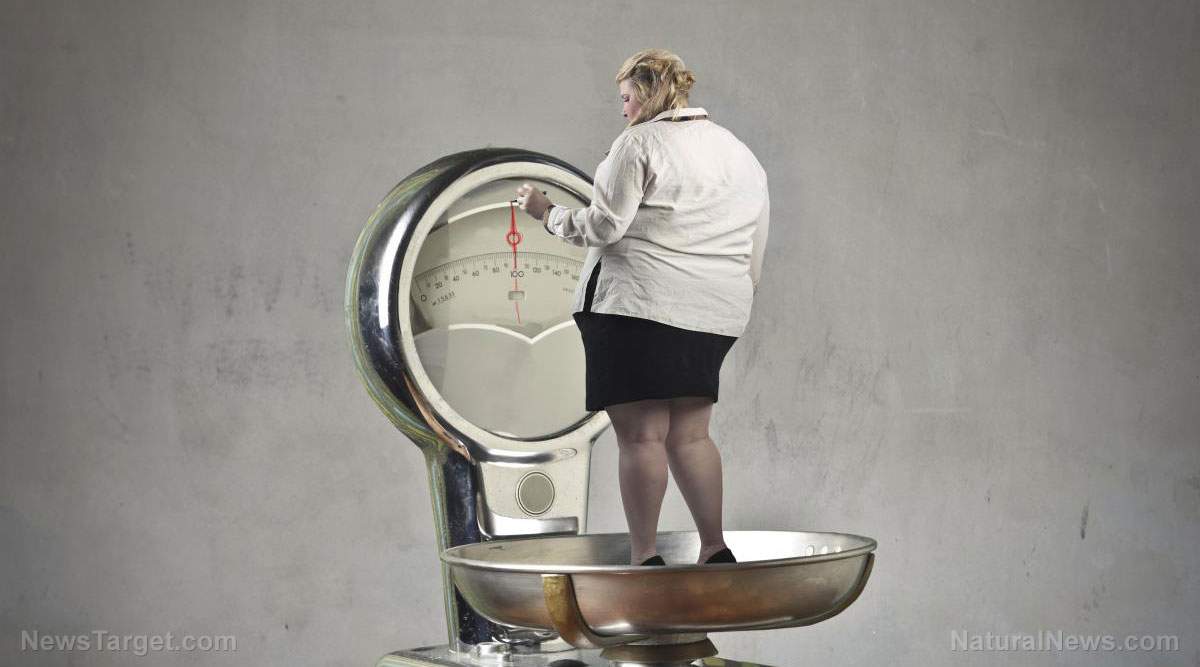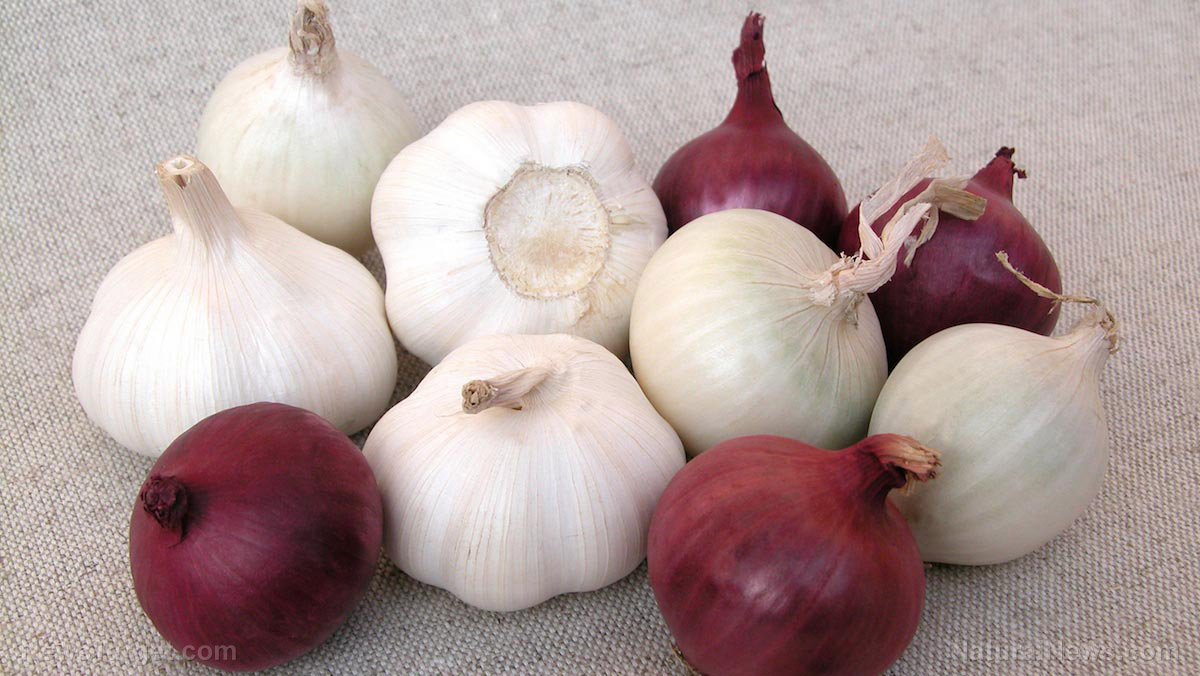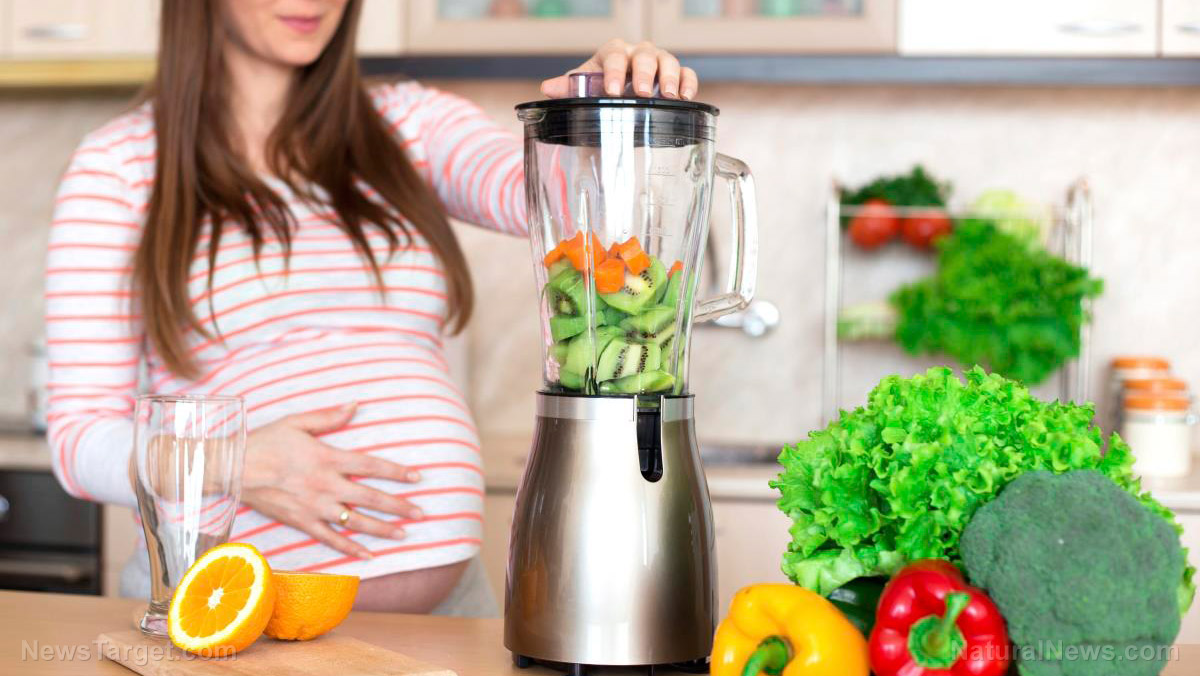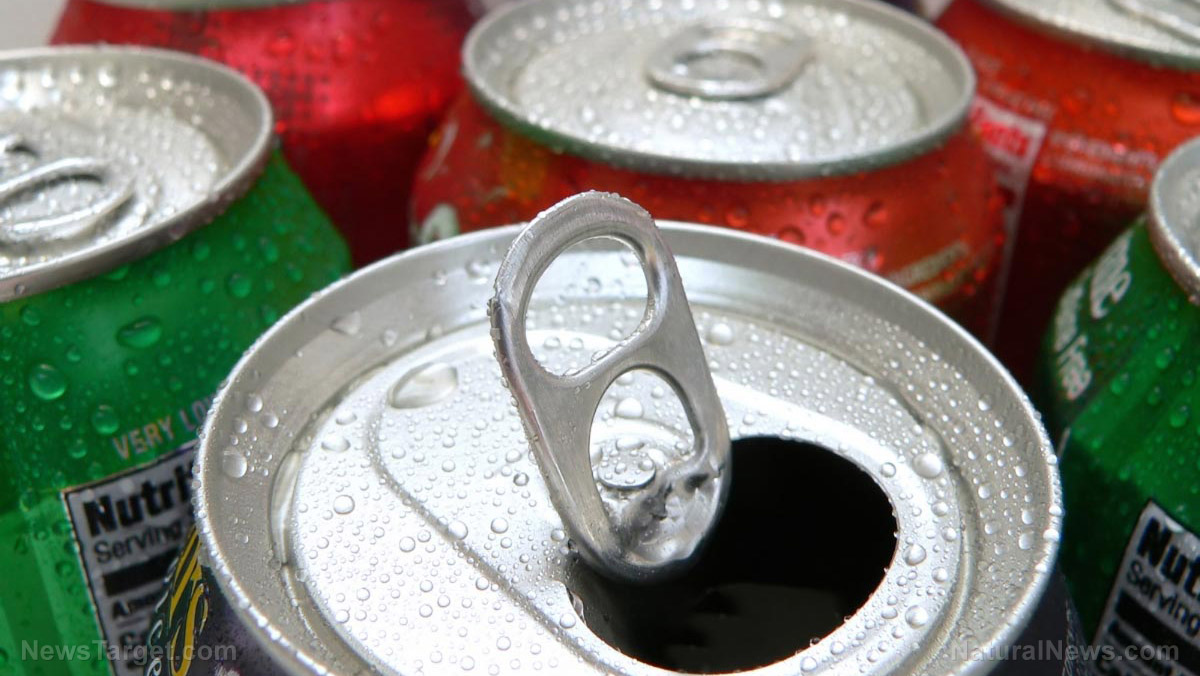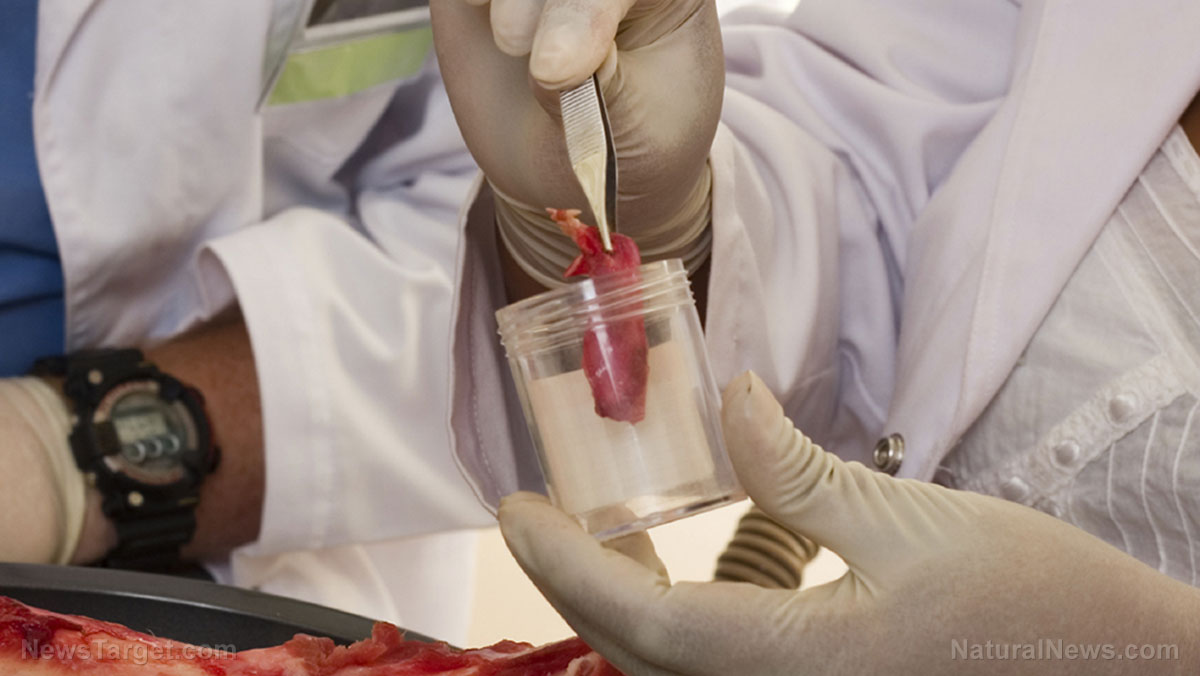Artificial sweeteners raise the risk of type-2 diabetes, new study confirms
09/27/2017 / By Rhonda Johansson
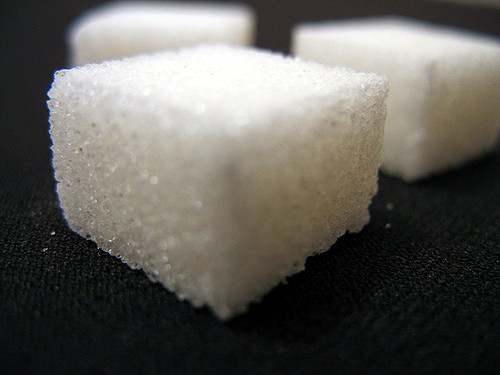
Results of a small study concluded that habitual use of artificial sweeteners can dampen the body’s response to glucose. Researchers saw that the change led to an impaired absorption of nutrition, which increased the participant’s’ risk of developing type-2 diabetes. Damning though this may be for healthy adults wanting to keep their blood sugar levels in check, these findings bring a whole wave of worry for diabetic patients looking for a sugar substitute.
“This study supports the concept that artificial sweeteners could reduce the body’s control of blood sugar levels in high habitual NAS [non-caloric artificial sweeteners] users, which could predispose them to develop type-2 diabetes,” the authors stated in their yet-to-be published study. The team, hailing from the University of Adelaide, presented their findings at the European Association for the Study of Diabetes in Lisbon, Portugal, and found that their conclusions were not readily accepted by their contemporaries.
Some experts agreed that while this new research is in line with previous studies, the data collected was too small to make any sort of valid assumption on the relationship between artificial sweeteners and diabetes risk. These critics argue that type-2 diabetes is a complex condition resulting from a variety of factors, of which artificial sweeteners (if at all) play a small role. They further state that the metabolic condition is not even fully understood yet — so isolating any one factor as a “risk” would be, conceivably, premature.
Even so, those who support this new study say that removing, or at least limiting, artificial sweetener-use could be part of a diabetic’s management plan involving healthy diet. Other studies have concluded that using artificial sweeteners increased weight gain, a dangerous factor (and effect) of diabetes. Cutting artificial sweeteners could help patients manage their weight better which could, potentially, improve their diabetic condition.
Diabetes UK, one of the leading charities focused on diabetes education and management, remains cautious about these findings, stating, “consuming lots of sugary foods and drinks is very damaging to overall health and can increase risk of type-2 diabetes. We would advise people to reduce their intakes of sugar, and artificial sweeteners could be an option to help some people achieve this.”
Imprisoned by our own stubbornness
Sugar-free, but at what cost? The name itself should give you an idea to how healthy artificial sweeteners really are. So many people assume that they’re being “good” by drinking diet sodas or piling their cereal bowls with these sugar substitutes, but are we merely replacing one vice with another? Artificial sweeteners mimic the flavor of sugar but have little to no nutritional value. Some varieties have even been shown to be toxic in the long run.
There are five most common types of artificial sweeteners approved for consumer use. These are saccharin, neotame, aspartame, sucralose, and acesulfame potassium. Of these, aspartame and sucralose are the most prevalent, and sadly, the most dangerous.
Medical reviews on the long-term toxicity of these food items have only been made recently, with the FDA still insisting that these studies are unnecessary. As such, there is no data (yet) on how much or severely artificial sweeteners impact overall health. Wellness experts though highly encourage their patients to forego them entirely.
Diabetes by numbers
According to the State of Obesity, more than 29 million Americans have diabetes with another 86 million bordering on a pre-diabetic condition. Health groups have predicted that by the year 2050, one in three U.S. adults will have diabetes. The metabolic condition, and its associated symptoms, is the seventh leading cause of death and costs our country around $245 billion in medical costs and lost productivity each year.
Sources include:
Tagged Under: artificial sweeteners, dangerous additives, diabetes in America, diabetes risk, obesity, obesity crisis, obesity in America, sweetner, Type 2 Diabetes



